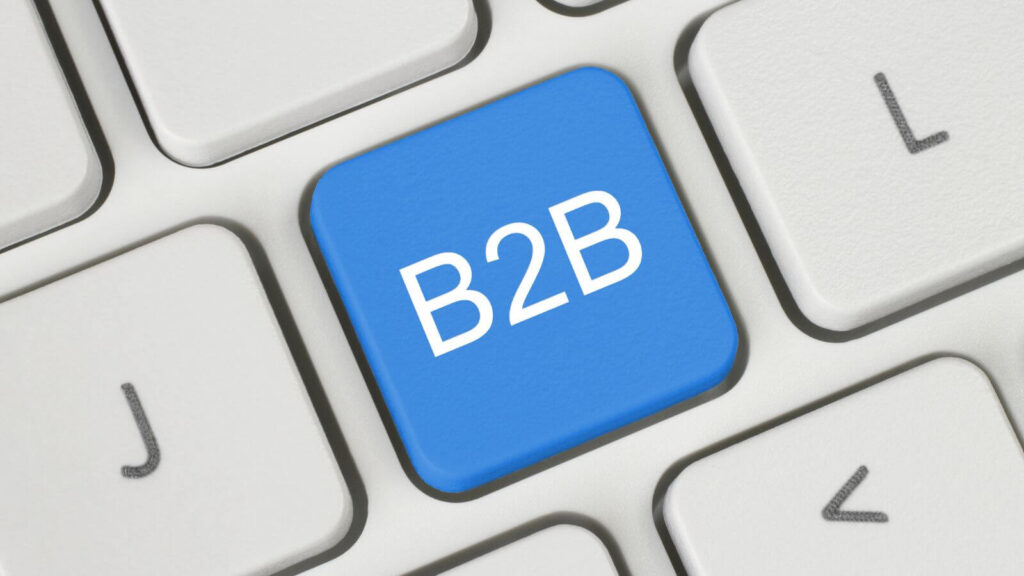By 2027, the B2B e-commerce market will reach a staggering $21 trillion USD in total annual revenue. B2B is short for “business to business.” It’s a business model in which the companies involved create products and services for other businesses and organizations.
This isn’t to be confused with B2C, which is short for “business to consumer.” B2C means all commerce transactions are businesses selling products or services directly to consumers.
There are fewer B2B marketplaces than B2C, and they’re oftentimes less advanced as they lack certain user features that have already become standard for B2C marketplaces.
2 Main Examples of B2B Marketplaces
The most common type of B2B marketplace is the product marketplace. From here, businesses can find equipment and raw materials – Alibaba is a prime example and is one of the biggest product marketplaces in the world.
Another marketplace is the service marketplace. With this, businesses can get services from other businesses; including everything from recruiting talent for professional work and contract employment (oftentimes freelancers). Two popular marketplaces in this realm include Fiverr and Upwork, where you can find a service of any kind to assist your projects.
B2B Challenges
The biggest challenge across all marketplaces is to attract sellers and buyers at the same time. However, it’s best to put sellers as a first priority because there will be no buyers without products. It’s crucial to conduct market research and define the main interaction points of buyers and sellers.
Complex transactions seem to cause the most disruptions between buyers and sellers. As a B2B platform, you need to support both during the purchasing process by optimizing convenient and frictionless transactions. Knowing the most common transactions in your target market and planning to integrate them into your marketplace is the most beneficial solution.
Essential B2B Marketplace Features
B2B marketplaces force you to think about the needs of both buyers and sellers to build a fully integrated and successful platform. Some of the features that the most successful B2B businesses possess include:
- Bulk purchase options with detailed descriptions and quantities. Installment payments should be available for massive orders.
- Have a minimum order quantity.
- An automated system that allows you to calculate discounts based on order quantity.
- Accept as many different payment options as you can; cash, credit cards, checks, and bank transfers.
Conclusions
There are many factors to consider when developing a B2B marketplace. The key to a successful B2B marketplace is creating a vast network of buyers and sellers and catering to both their unique needs. Buyers and sellers transact with each other regularly which means your platform must offer value to both sides by providing a seamless and efficient transaction process.
In our next article, you can look forward to learning more about B2C operations.





